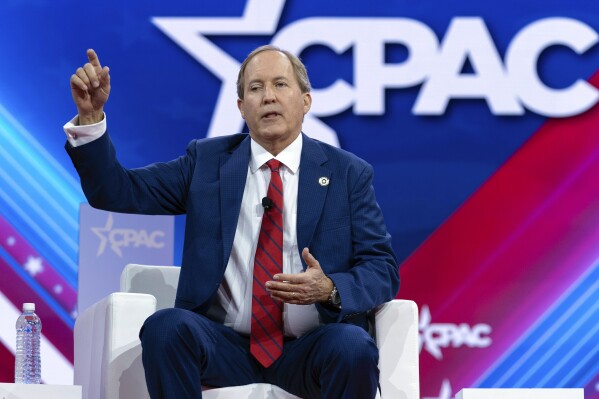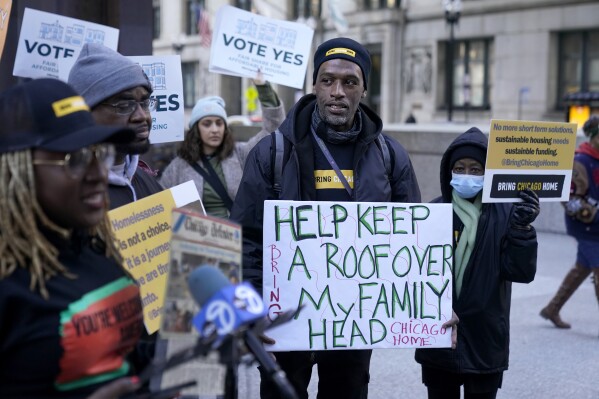A federal judge has ordered a US minority business agency to serve all races
NEW YORK (AP) — A federal judge in Texas has ordered a 55-year-old U.S. agency that caters to minority-owned businesses to serve people regardless of race, siding with white business owners who claimed the program discriminated against them.
The ruling was a significant victory for conservative activists waging a far-ranging legal battle against race-conscious workplace programs, bolstered by the Supreme Court’s ruling last June dismantling affirmative action programs in higher education.
Advocates for minority owned businesses slammed the ruling as a serious blow to efforts to level the playing field for Black, Hispanic and other minority business owners that face barriers in accessing financing and other resources.
Judge Mark T. Pittman of the U.S. District Court of the Northern District of Texas, who was appointed by former President Donald Trump, ruled that the Minority Business Development Agency’s eligibility parameters violate the Fifth Amendment’s equal protection guarantees because they presume that racial minorities are inherently disadvantaged.
The agency, which is part of the U.S. Commerce Department, was first established during the Nixon administration to address discrimination in the business world. The Biden administration widened its scope and reach through the Infrastructure Investment and Jobs Act in 2021, making it a permanent agency and increasing its funding to $550 million in funding over five years.



The agency, which helps minority-owned businesses obtain financing and government contracts, now operates in 33 states and Puerto Rico. According to its yearly reports, the agency helped business raise more than $1.2 billion in capital in fiscal year 2022, including more than $50 million for Black-owned enterprises, and more than $395 million for Hispanic-owned businesses.
In a sharply worded, 93-page ruling, Pittman said that while the agency’s work may be intended to “alleviate opportunity gaps” faced by minority-owned businesses, “two wrongs don’t make a right. And the MBDA’s racial presumption is a wrong.”
Pittman ruled that while the agency technically caters to any business than can show their “social or economic disadvantage,” white people and others not included in the “list of preferred races” must overcome a presumption that they are not disadvantaged. The agency, he said, has been using the “unconstitutional presumption” for “fifty-five years too many.”
“Today the clock runs out,” Pittman wrote.
Dan Lennington, deputy counsel at the conservative Wisconsin Institute for Law & Liberty, which filed the lawsuit, said called it “a historic” victory that could affect dozens of similar federal, local and state government programs, which also consider people of certain races inherently disadvantaged. He said the ruling will pave the way for his and other conservative groups to target those programs.
“We just think that this decision is going to be applied far and wide to hundreds of programs using identical language,” Lennington said.
Justice Department lawyers representing Minority Business Development Agency declined to comment on the ruling, which can be appealed to the conservative-leaning 5th U.S. Circuit of Appeals in New Orleans. In court filings, the Justice Department cited congressional and other research showing that minority business owners face systemic barriers, including being denied loans at a rate three times higher than nonminority firms, often receiving smaller loans and being charged higher interest rates.
John F. Robinson, president of the National Minority Business Council, said the ruling is “a blow against minority owned businesses,” and does nothing to help majority owned businesses because they already enjoy access to federal resources through the Small Business Administration.
“It has the potential of damaging the whole minority business sector because there will be less service available to minority owned businesses,” Robinson said.
____
AP Race & Ethnicity reporter Graham Lee Brewer contributed to this story.
Disclaimer: The copyright of this article belongs to the original author. Reposting this article is solely for the purpose of information dissemination and does not constitute any investment advice. If there is any infringement, please contact us immediately. We will make corrections or deletions as necessary. Thank you.






